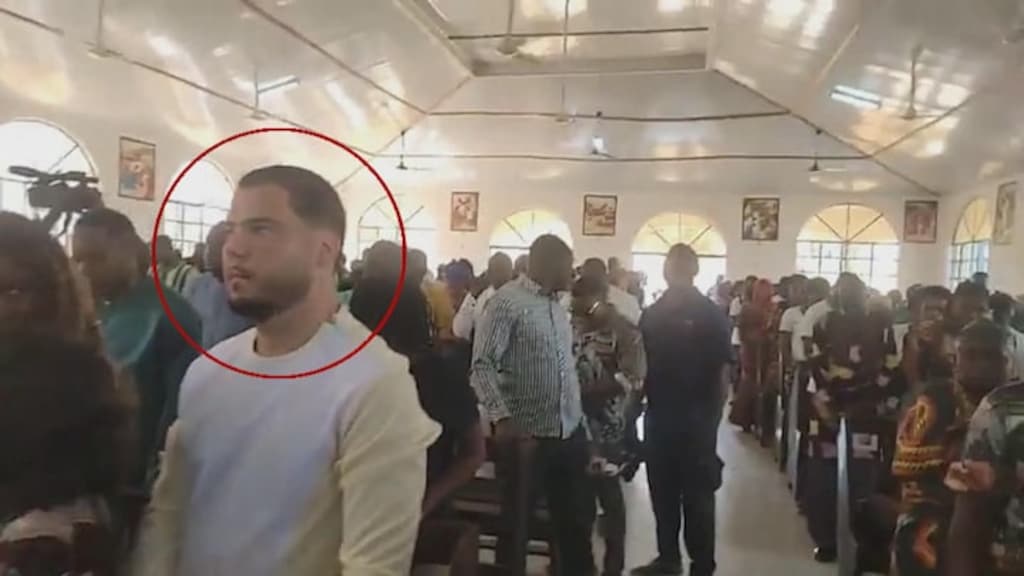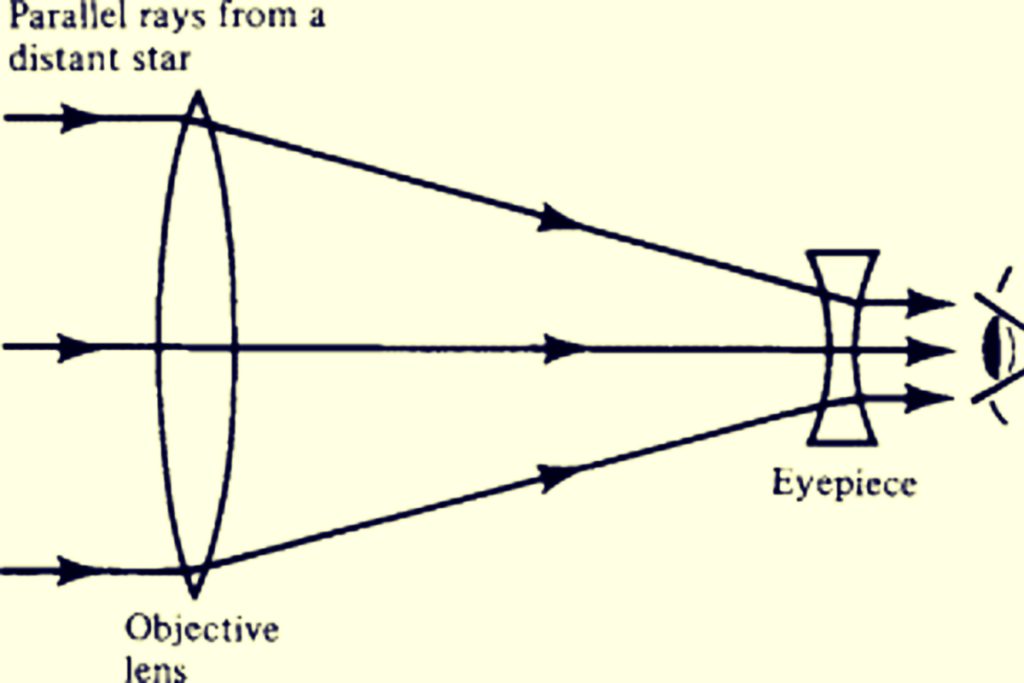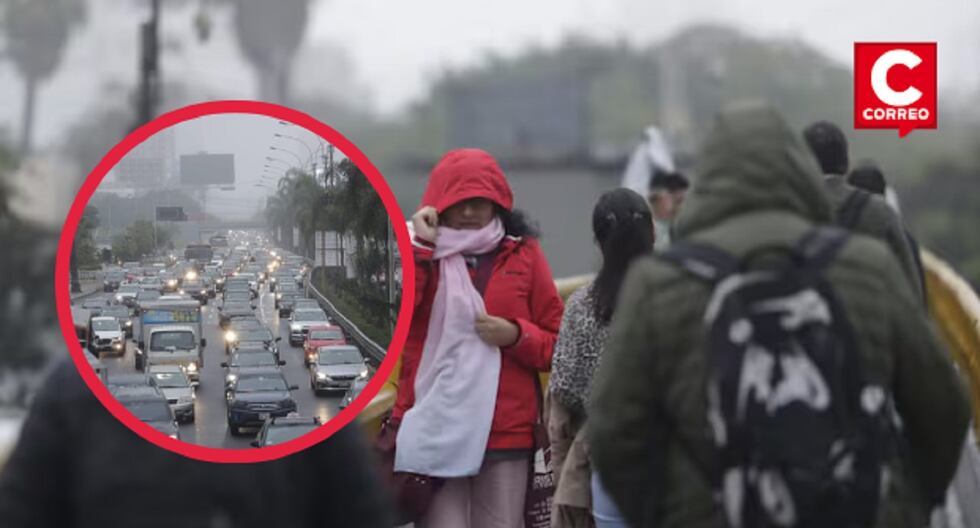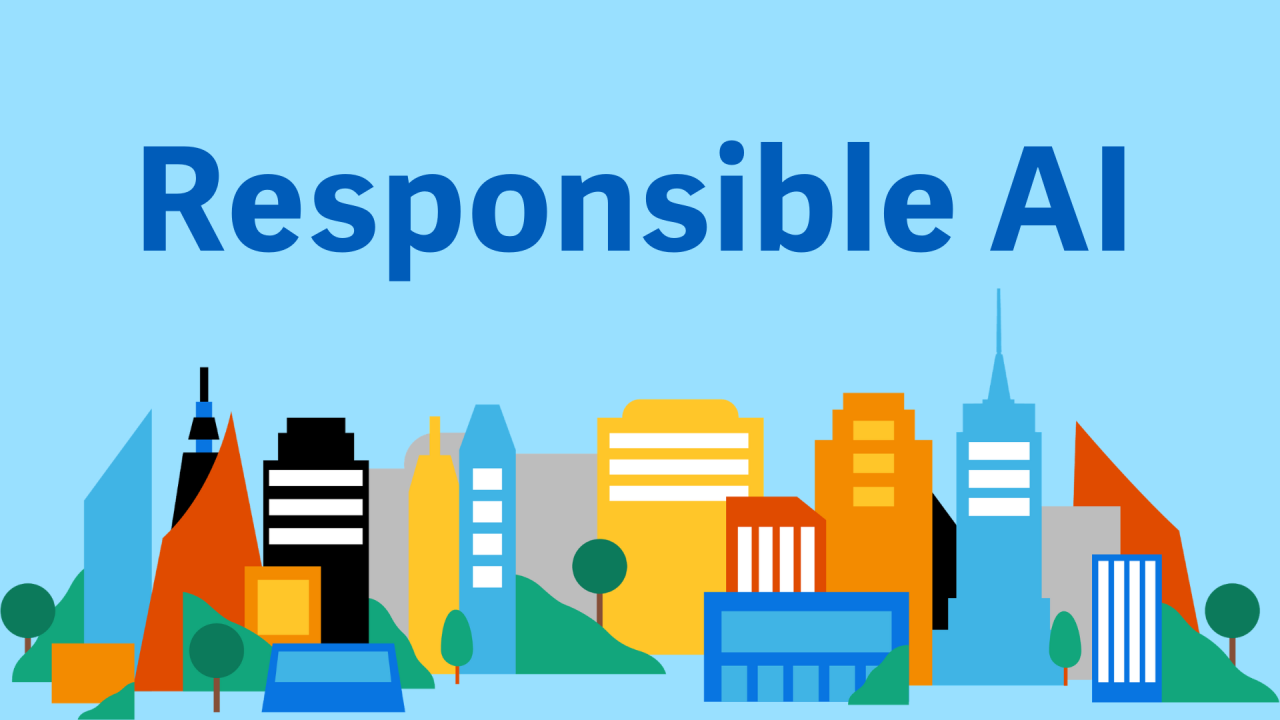Investigative Reporting In Danger: Sierra Leone And The Bolle Jos Drug Trafficking Case

Table of Contents
The Bolle Jos Drug Trafficking Case: A Complex Web of Corruption
The Bolle Jos case, involving an alleged large-scale drug cartel operating within Sierra Leone, represents a significant challenge to the rule of law and good governance. The case highlights the pervasive nature of organized crime and the intricate web of corruption that often protects such networks. The scale of the operation, allegedly involving significant money laundering and the possible infiltration of Sierra Leonean politics, makes it a particularly sensitive and dangerous case to investigate.
- Key Allegations: The case centers on allegations of large-scale drug importation, distribution, and money laundering involving significant figures within the country.
- Arrests and Convictions: While some arrests have been made, significant challenges remain in securing convictions against powerful individuals allegedly involved in the network. The slow pace of justice raises concerns about the effectiveness of the judicial system in tackling high-level corruption.
- Complexity of the Criminal Network: The intricate nature of the network, with its alleged links to international drug cartels and powerful local figures, makes effective investigation extremely difficult and dangerous for those involved. Unraveling this complex web requires dedicated investigative journalism, despite the inherent risks.
Threats and Intimidation Faced by Investigative Journalists
Journalists investigating the Bolle Jos case have faced a range of threats and intimidation tactics, directly impacting their ability to report freely and accurately. These range from subtle forms of harassment to overt threats of violence, severely undermining press freedom and freedom of speech in Sierra Leone. The chilling effect of such actions on investigative reporting is significant.
- Specific Examples: Reports suggest journalists have experienced surveillance, harassment, anonymous threats, and even physical attacks. Some have been subjected to Strategic Lawsuits Against Public Participation (SLAPPs), designed to silence them through legal means.
- Impact on Investigative Reporting: The fear of retribution significantly restricts the ability of journalists to pursue investigative stories, leading to self-censorship and a reluctance to delve too deeply into sensitive topics. This hinders the process of uncovering the truth and holding those responsible to account.
- Support Networks: While some support networks and organizations exist to assist journalists in Sierra Leone, the level of protection and support often proves inadequate in the face of organized threats. More robust and comprehensive support is urgently needed.
The Impact on Investigative Reporting in Sierra Leone
The threats and intimidation faced by journalists investigating the Bolle Jos case have a far-reaching impact on investigative reporting in Sierra Leone as a whole. The chilling effect discourages other reporters from pursuing similar investigations, creating a climate of fear and self-censorship. This weakens democratic institutions and undermines accountability mechanisms.
- Underreporting due to Fear: The risk of facing threats or reprisals leads to significant underreporting of corruption and other crimes. This prevents the public from accessing vital information and weakens their ability to hold their leaders accountable.
- Weakening of Democratic Institutions: A lack of independent and fearless investigative journalism erodes the foundation of a healthy democracy. Without a free press to expose wrongdoing, corruption can flourish, and public trust in government institutions diminishes.
- Importance of Independent Journalism: Independent journalism is vital for transparency and accountability in any democratic society. Protecting investigative journalists is not merely about protecting individuals but about protecting the cornerstone of a functioning democracy.
Protecting Investigative Journalists in Sierra Leone: Strategies and Solutions
Protecting investigative journalists in Sierra Leone requires a multifaceted approach involving legislative reforms, increased media protection, and strong international support. Strengthening press freedom is crucial for Sierra Leone's development and progress.
- Legislative Changes: Sierra Leone needs stronger legislation to protect journalists from threats and intimidation, including robust legal frameworks to address SLAPP suits and ensure the safety of those reporting on sensitive matters.
- Improving Media Safety and Security: This includes providing journalists with access to training on safety protocols, secure communication tools, and legal assistance. Strengthening the capacity of local organizations to provide support is also crucial.
- International Support: International organizations and governments have a vital role to play in supporting press freedom in Sierra Leone through funding for media protection programs, advocacy for legislative reforms, and diplomatic pressure on the government to uphold press freedom guarantees.
The Fight for Investigative Reporting in Sierra Leone
The Bolle Jos case starkly highlights the precarious situation of investigative journalists in Sierra Leone. Their work, while dangerous, is critical for uncovering corruption, promoting accountability, and strengthening democratic institutions. Protecting these brave individuals is not just a matter of upholding journalistic ethics; it is essential for the long-term health of Sierra Leone's democracy. Supporting investigative reporting is an investment in a more just and transparent future. We must all work together to ensure that journalists can operate freely and safely, without fear of intimidation or violence. Support organizations that protect journalists, advocate for press freedom, and raise awareness about the challenges faced by investigative reporters in Sierra Leone and elsewhere. The future of investigative journalism in Sierra Leone depends on our collective action.

Featured Posts
-
 Finding Tickets To See Gorillaz Play Albums Live In London
May 30, 2025
Finding Tickets To See Gorillaz Play Albums Live In London
May 30, 2025 -
 New Bts Album On The Way Summer Recording Revealed Exclusive
May 30, 2025
New Bts Album On The Way Summer Recording Revealed Exclusive
May 30, 2025 -
 Conciertos Con Ticketmaster Y Setlist Fm Todo Lo Que Necesitas Saber
May 30, 2025
Conciertos Con Ticketmaster Y Setlist Fm Todo Lo Que Necesitas Saber
May 30, 2025 -
 3 Olympia Theatre Capturing Olly Alexanders Electrifying Show In Photos
May 30, 2025
3 Olympia Theatre Capturing Olly Alexanders Electrifying Show In Photos
May 30, 2025 -
 Senamhi Advierte Frio Intenso Afecta A Lima
May 30, 2025
Senamhi Advierte Frio Intenso Afecta A Lima
May 30, 2025
Latest Posts
-
 The Reality Of Ai Learning Guiding Principles For Responsible Use
May 31, 2025
The Reality Of Ai Learning Guiding Principles For Responsible Use
May 31, 2025 -
 Responsible Ai Acknowledging And Addressing The Limits Of Ai Learning
May 31, 2025
Responsible Ai Acknowledging And Addressing The Limits Of Ai Learning
May 31, 2025 -
 Responsible Ai Acknowledging The Limitations Of Ai Learning
May 31, 2025
Responsible Ai Acknowledging The Limitations Of Ai Learning
May 31, 2025 -
 The Reality Of Ai Learning Building A Future With Responsible Ai
May 31, 2025
The Reality Of Ai Learning Building A Future With Responsible Ai
May 31, 2025 -
 Limited Time Offer 30 Off Lavish Spring Hotel Bookings
May 31, 2025
Limited Time Offer 30 Off Lavish Spring Hotel Bookings
May 31, 2025
